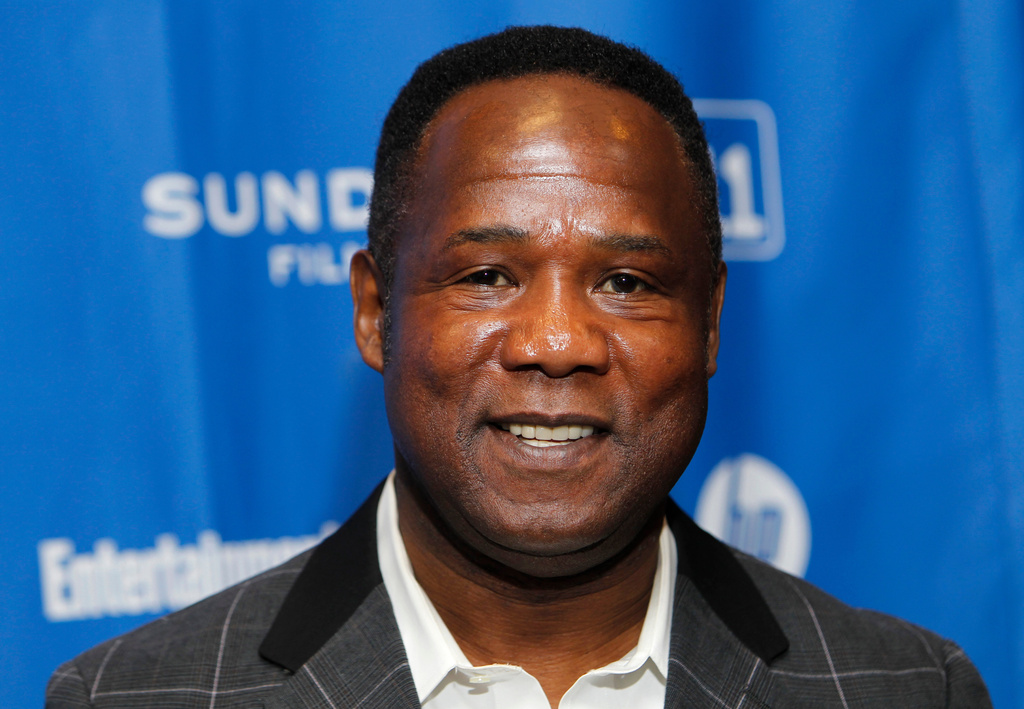The U.S. Supreme Court issued a decision Saturday allowing Texas to use stricter voting ID laws before early voting begins Monday.
"Voting is about individual choices and all Texans need the facts. Fact is you must show approved voter ID to vote in person."
Federal judges in Washington struck down the law two years ago, saying it would place unfair burdens on poorer voters who are often minorities and tend to vote for Democrats.
Multiple reports say the law, which is supported by Republicans, could disenfranchise as many as 600,000 voters according to the state government.
But Republican Texas Attorney General Greg Abbott said those numbers were overblown and included disabled or elderly voters who can send in their ballots by mail without showing photo ID.
The Supreme Court issued a 6-to-3 decision allowing Texas to enforce the new law. Justice Ruth Bader Ginsberg issued a six page dissent highlighting Texas's past discriminatory voting laws.
"The greatest threat to public confidence in elections in this case is the prospect of enforcing a purposefully discriminatory law, one that likely imposes an unconstitutional poll tax and risks denying the right to vote to hundreds of thousands of eligible voters."
There are seven forms of acceptable ID under the law, including a Texas driver license, a Texas concealed handgun license and a Texas Election Identification Certificate.
Texas joins the ranks of states like North Carolina and Ohio by placing stricter requirements on voters. However, the U.S. Supreme Court blocked a similar measure by Wisconsin to enforce stricter voter ID laws.
This video includes images from Getty Images.










